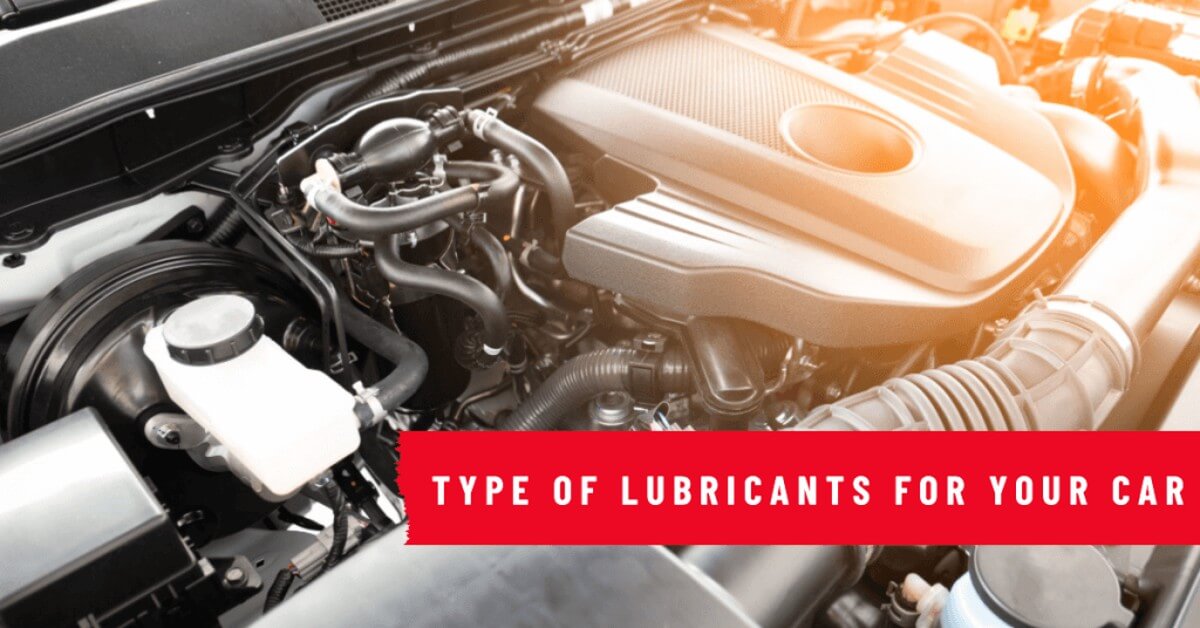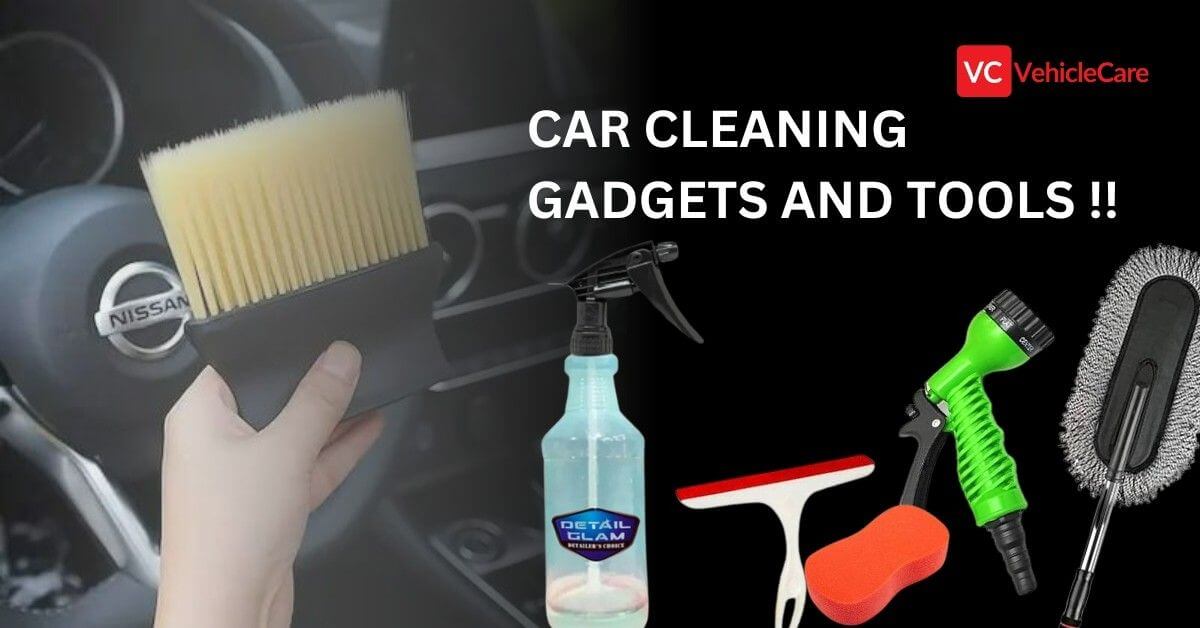When it comes to maintaining a car, one of the crucial aspects is ensuring that all the moving parts work smoothly and efficiently. This is where lubricants play a vital role. Lubricants are substances that reduce friction between two moving surfaces, ensuring the proper functioning and longevity of the vehicle’s components.
In this article, we will explore the different types of lubricants used in a car and their specific applications.
Table of Contents
1. Engine Oil
Engine oil is perhaps the most well-known and widely used lubricant in a car. It is specifically formulated to lubricate the engine’s internal components, such as the pistons, crankshaft, and camshaft. Engine oil also helps in cooling and cleaning the engine, preventing the buildup of harmful deposits.
There are different types of engine oils available, including mineral oil, synthetic oil, and semi-synthetic oil. The choice of engine oil depends on factors such as the car’s age, mileage, and manufacturer’s recommendations.
2. Transmission Fluid
Transmission fluid is another essential lubricant used in cars with automatic transmissions. It is responsible for lubricating and cooling the transmission system, which includes the gearbox, torque converter, and clutch plates.
Transmission fluid enables the smooth shifting of gears and protects the transmission from excessive heat and wear.
Like engine oil, there are different types of transmission fluids, including Dexron and Mercon, each designed for specific transmission systems.
3. Gear Oil
Gear oil, also known as differential oil, is used in manual transmissions, differentials, and transfer cases. It is a heavy-duty lubricant formulated to withstand high pressures and extreme temperatures.
Gear oil lubricates the gears and bearings, preventing metal-to-metal contact and reducing wear. The viscosity of gear oil differs from that of engine oil or transmission fluid, as it needs to adhere to the gear surfaces effectively.
4. Grease
Grease is a semi-solid lubricant that is commonly used in various car components, such as wheel bearings, suspension joints, and chassis fittings. It provides long-lasting lubrication and acts as a barrier against contaminants.
Grease has a thicker consistency than other lubricants, allowing it to stay in place and resist being squeezed out under heavy loads. It is typically applied using a grease gun and is available in different grades for specific applications.
5. Power Steering Fluid
Power steering fluid is essential for vehicles equipped with power steering systems. It enables smooth and effortless steering by reducing friction in the power steering pump and other components. Power steering fluid also helps in cooling and preventing corrosion within the system.
Different types of power steering fluids are available, including mineral oil-based fluids and synthetic fluids. It is important to use the recommended fluid specified by the vehicle manufacturer to ensure optimal performance.
6. Brake Fluid
Brake fluid is a specialized hydraulic fluid used in the hydraulic braking systems of cars. It transmits the force applied on the brake pedal to the brakes, allowing precise control and efficient stopping power. Brake fluid operates under high pressures and temperatures, making it crucial to choose the correct type for your car.
The most common types of brake fluids are DOT 3, DOT 4, and DOT 5, each with different boiling points and compatibility with specific brake systems.
7. Coolant/Antifreeze
While not a traditional lubricant, coolant or antifreeze plays a vital role in maintaining the engine’s temperature. It circulates through the engine and absorbs heat, preventing overheating and subsequent engine damage.
Coolant also acts as a corrosion inhibitor, protecting the cooling system components. It is typically a mixture of ethylene or propylene glycol and water, with specific ratios recommended by the car manufacturer for optimal performance in different climates.
8. Air Conditioning Refrigerant
Air conditioning refrigerant, commonly known as AC refrigerant, is used in the car’s air conditioning system. It is responsible for absorbing heat from the cabin and releasing it outside, providing cool air during hot weather.
The most commonly used refrigerant in cars is R134a, although newer vehicles may use the more environmentally friendly R1234yf. Proper maintenance and regular checks of the AC refrigerant levels are essential to ensure optimal cooling performance.
9. Powertrain Lubricants
Apart from engine oil, there are specific lubricants designed for different components of the powertrain. These include lubricants for the differential, transfer case, and axle. Each component requires a specific lubricant formulation to ensure smooth operation, reduced friction, and minimal wear.
Powertrain lubricants play a crucial role in transmitting power from the engine to the wheels and maintaining the overall efficiency of the vehicle.
10. Steering and Suspension Lubricants
Steering and suspension systems also require lubrication for optimal performance. Components such as ball joints, tie rod ends, and control arms must move freely without excess friction. Lubricants specifically designed for these components help reduce wear, prevent corrosion, and ensure smooth operation.
Regular inspection and lubrication of steering and suspension components are necessary to maintain proper handling and stability.
11. Electrical Contact Lubricants
In cars, some various electrical connections and contacts may be exposed to moisture, dirt, and other contaminants. To ensure reliable electrical connections, electrical contact lubricants are used.
These lubricants protect the contacts from corrosion and improve conductivity. They are commonly applied to battery terminals, spark plug connections, and electrical connectors.
Using electrical contact lubricants can help prevent electrical issues and ensure the proper functioning of the vehicle’s electrical system.
12. Rubber Lubricants
Rubber components, such as door seals, window seals, and belts, need to remain pliable and resistant to cracking or drying out. Rubber lubricants are specifically formulated to condition and protect rubber parts, extending their lifespan and maintaining their functionality. These lubricants help prevent squeaks, leaks, and premature wear of rubber components.
Regular application of rubber lubricants can help keep the car’s seals and belts in good condition.
Importance of Using the Right Lubricants
Using the correct lubricants in your car is crucial for several reasons. Let’s explore the importance of using the right lubricants for different components:
- Performance and Efficiency: Each component in a car has specific lubrication requirements. Using the right lubricant ensures optimal performance and efficiency of those components. For example, using the correct engine oil with the proper viscosity can help reduce friction, improve fuel efficiency, and enhance overall engine performance.
- Component Longevity: Lubricants reduce wear and tear on various moving parts. Lubricants minimize friction, heat, and metal-to-metal contact by providing a protective film between surfaces. This helps extend the lifespan of components such as engine parts, gears, bearings, and suspension components.
- Heat Dissipation: Many lubricants, such as engine oil and transmission fluid, have excellent properties. They help absorb and dissipate heat generated during the car’s engine and transmission operation. Effective heat dissipation prevents overheating and potential damage to critical components.
- Corrosion Protection: Lubricants can act as a barrier against moisture and contaminants, protecting components from corrosion and rust. This is particularly important for exposed parts like suspension joints, chassis fittings, and electrical contacts. Corrosion can lead to component failure and compromised performance, so using appropriate lubricants helps maintain the integrity of these parts.
- Smooth Operation: Proper lubrication ensures smooth and precise operation of various systems in a car. It enables smooth gear shifts in the transmission, effortless steering, and quiet operation of suspension components. Using suitable lubricants reduces friction and helps maintain the intended functionality of these systems.
- Manufacturer Recommendations: Car manufacturers provide specific recommendations regarding the types and specifications of lubricants to use in their vehicles. These recommendations are based on extensive research and testing to ensure optimal performance and longevity of the car. Following the manufacturer’s recommendations regarding lubricants is essential to maintain warranty coverage and ensure the best possible care for your vehicle.
It is important to note that using the wrong lubricants or mixing different types can have detrimental effects on your car’s performance and longevity. Using an incompatible lubricant may result in increased friction,
poor lubrication, component damage, or even complete system failure. Always refer to the car’s owner’s manual or consult with a qualified mechanic to determine the appropriate lubricants for your specific vehicle.
In conclusion, the proper selection and use of lubricants are crucial for maintaining a car’s performance, reliability, and longevity. From engine oil to gear oil, transmission fluid to grease, each lubricant has a specific role in ensuring smooth operation and protecting vital components.
By adhering to manufacturer recommendations and regularly servicing your vehicle, you can ensure the use of the right lubricants and enjoy a well-maintained and efficient car for years to come.












